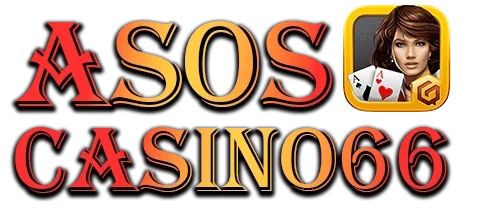When examining the legacy of Sony’s gaming platforms, it becomes clear that the PlayStation brand has always prioritized innovation. From the earliest PlayStation games that introduced full 3D worlds to the PSP’s promise of console-quality gaming on the go, each generation of Sony hardware has pushed boundaries. The result is a catalog of the best games in history—ones that didn’t just reflect trends but set them.
The original PlayStation broke ground with games like Gran Turismo, Final Fantasy VII, and Tekken. Hiubet88 These titles introduced new genres or raised the bar within existing ones. They showed that gaming could be cinematic, competitive, and emotionally complex. As the PlayStation 2 expanded on this legacy, it introduced a wider audience to deep storytelling with titles like Shadow of the Colossus and Okami. The bar for what PlayStation games could be continued to rise.
Enter the PSP, and suddenly those ambitions became portable. The best PSP games weren’t just mini versions of console hits—they were unique experiences built specifically for handheld gaming. Jeanne d’Arc offered a tactical RPG that blended history and fantasy. Monster Hunter Freedom Unite created an entire subculture of portable co-op gameplay. Dissidia Final Fantasy fused fighting and RPG mechanics in a way that hadn’t been done before. The PSP wasn’t just about convenience; it was about creativity within constraints.
Sony’s continued dominance in gaming isn’t just about having the most powerful hardware. It’s about a philosophy that values both artistic expression and mechanical innovation. That same mindset carried through the PS3’s support for downloadable indie titles, the PS4’s push for cinematic realism, and the PS5’s focus on ultra-fast load times and controller immersion. Every generation builds on the last, and many of today’s best PlayStation games are spiritual successors to the creative risks taken on the PSP.
One could argue that the PSP laid the groundwork for the hybrid gaming culture we see today. Modern gamers expect to switch from their console to their phone to their PC without skipping a beat. Features like cloud saves and remote play owe something to the ambitions of the PSP, which tried to pack a full gaming experience into a tiny frame long before it was technologically convenient.
Looking back, the greatest compliment we can give these PlayStation and PSP games is that they still feel relevant. They inspire developers, teach design fundamentals, and remind us that gaming is at its best when it innovates, not imitates. The legacy of the PSP and the evolution of PlayStation games are intertwined. Together, they form a library of best games not just for their time—but for all time.
